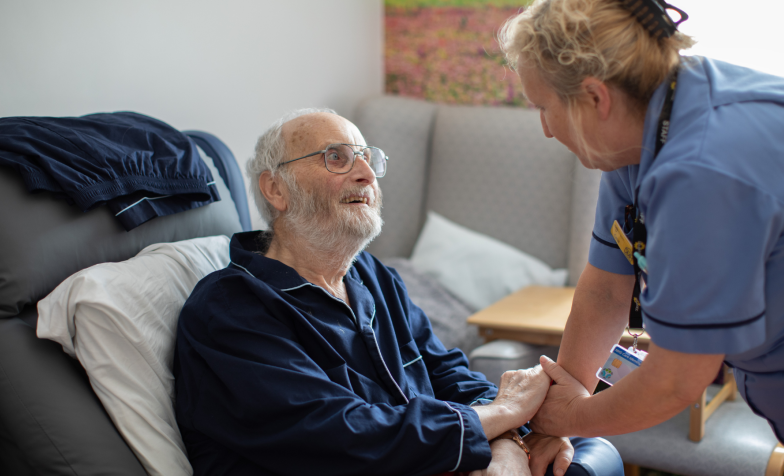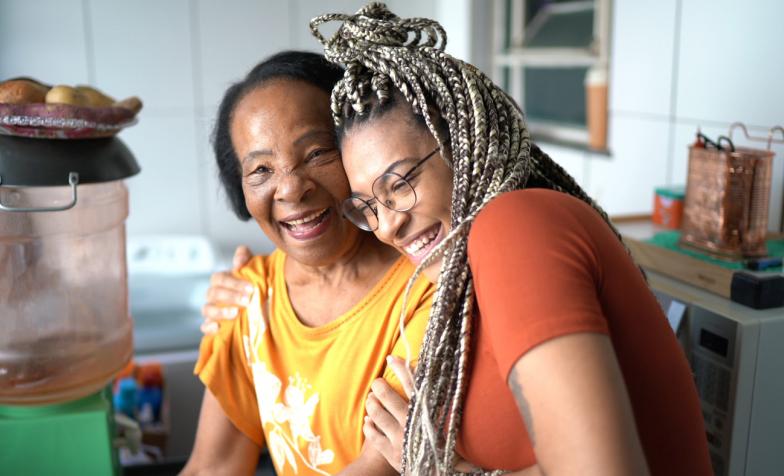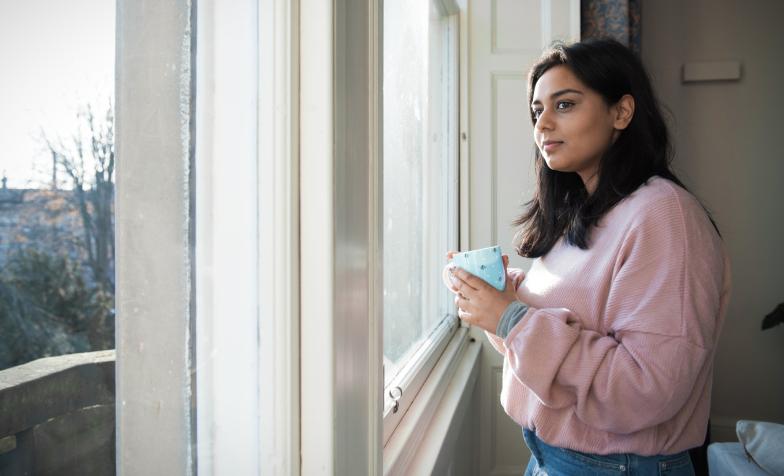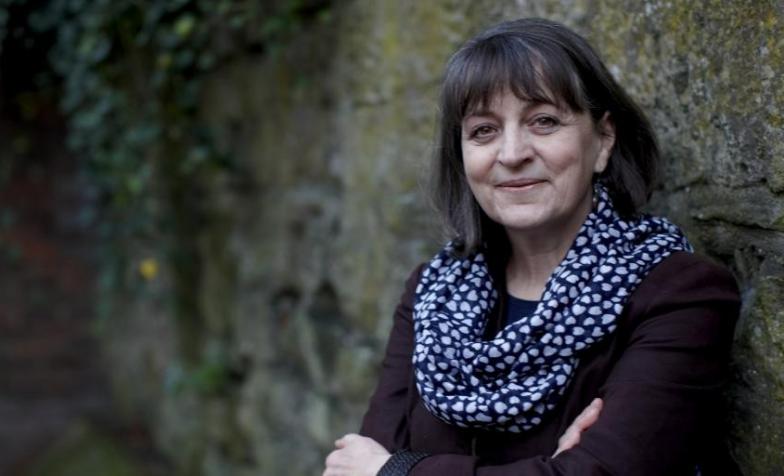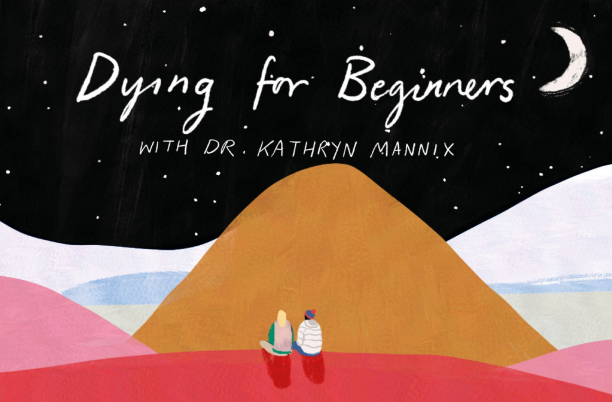

"Dying, just like being born, is a process our bodies go through quite naturally with recognised phases which are pretty much the same for everyone. It’s all very ordinary. Knowing what to expect takes away a lot of the fear."
In this video, Dr Kathryn Mannix guides you gently on a step by step journey through the process of dying.
The process of dying
A short animation by Emily Downe, and voiced by Dr Kathryn Mannix which guides you gently on a step by step journey through the process of dying.
Acclaimed author, speaker, former palliative care physician and friend of Dying Matters, Dr Kathryn Mannix has spent her medical career working with people who have incurable, advanced illnesses. The author of two Sunday Times Bestsellers – With The End in Mind and Listen, Dr Mannix is on a mission to reclaim the public’s understanding of dying.
Produced by Theos with thanks to The Fetzer institute.
[click/tap the image to play video]
-
I want to tell you what normally happens as someone is dying.
Dying, just like being born, is a process our bodies go through quite naturally with recognised phases that are pretty much the same for everyone.
It's all very ordinary.
At first, our bodies grow weary. We need more sleep, less food, we may lose our appetite altogether. Some days we can manage an outing, or visitors, or watching TV. Other days we mainly sleep. All this is normal.
Inside our weary bodies, changes are happening. All our systems are running out of energy. Digestion slows down. Our heart may not pump as strongly. Our organs might slow down.
All normal.
Aside from the physical, I've noticed that dying people's perspective often shifts from themselves to others. The same last messages: I'm sorry. I forgive you. Thank you. I love you.
Most people are not conscious by the time they die. We don't know when we're unconscious. We don't notice time passing or feel our body.
It doesn't feel like going to sleep, it's just a state of non-awareness.
To begin with, dying people might only be unconscious some of the time. In between, they may wake up and talk, or sip drinks or listen to the people around them chatting. That's normal.
They may become a bit muddled or restless. It helps when people hold their hand and talk in soothing gentle tones. Familiar trusted voices calm and comfort.
Unconscious people breathe in an unusual way. Their breathing pattern gradually changes backwards and forwards between deep and shallow, and between fast and slower breaths.
This is normal, and they can make unusual noises. If their breath vibrates their voice box, it might sound like a sigh or a moan.
Sometimes their breath gurgles or rattles. It's not uncomfortable. It's a completely normal part of dying.
Hearing is the last sense to go. That's why loved ones and caregivers can keep talking while the dying person is unconscious. It's why some people make end of life playlists.
What about the moment of dying?
Well it's usually very gentle. Our breathing gets slower and more shallow. And then it just very gently stops. A few minutes later our heart stops too.
That's it. No fuss, or fear, or panic.
Of course saying goodbye to people we love is sad but knowing what to expect takes away a lot of the fear.
I've met so many bereaved people who wish they had talked about dying more. I've never met a person who regretted having those important conversations.
We need to talk about it, because talking about death will help us to live together better.
Why this video is important
In modern British society, death is out of sight and behind closed doors. Many of us lack direct exposure to the dying process - with all sorts of potential emotional and spiritual consequences for how we grieve our loved ones, as well as how we prepare for our own deaths.
That's why, as part of Dying Matters' mission, we're sharing content and resources to help create an open culture in which we’re comfortable talking about death, dying and grief.
Further resources
Talking about death and dying can be tough. Our resources will help you, your family and friends to start the conversation.
Be a part of the Dying Matters movement by signing up for our emails.

